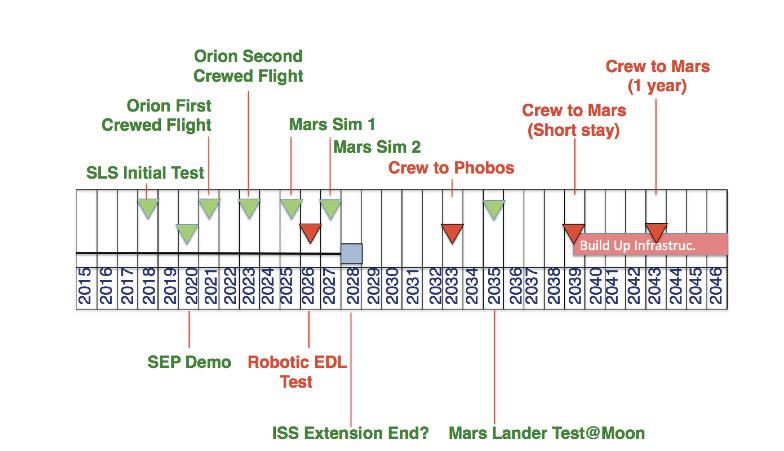…and its implications for the Paris “negotiations”:
In my previous post Climate sensitivity: lopping off the fat tail, I argued that it is becoming increasingly difficult to defend high values of ECS. However, the uncertainty is sufficiently large that we can’t really identify a meaningful ‘best value’ of sensitivity, or rule out really high values.
A key issue is that emerging estimates of aerosol forcing are considerably lower than what was used in the AR5 determinations of ECS, implying lower values of ECS than was determined by the AR5.
This uncertainty in ECS makes emission targets rather meaningless. It will be interesting to see how this uncertainty is factored into the Paris negotiations
Note, there are other papers on this general topic that are in the review process, I expect a spate of such papers to appear during the next month.
Paris is doomed to failure, thankfully.
